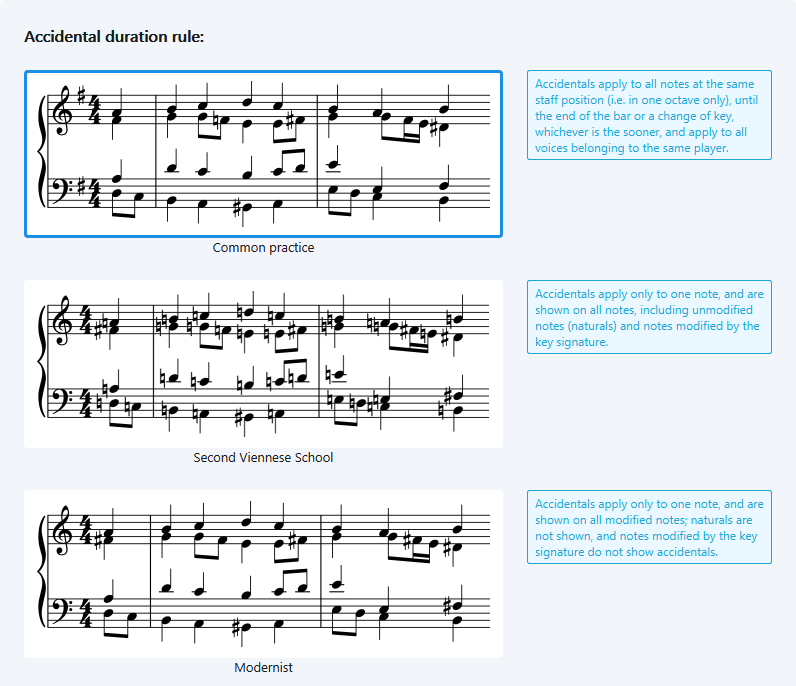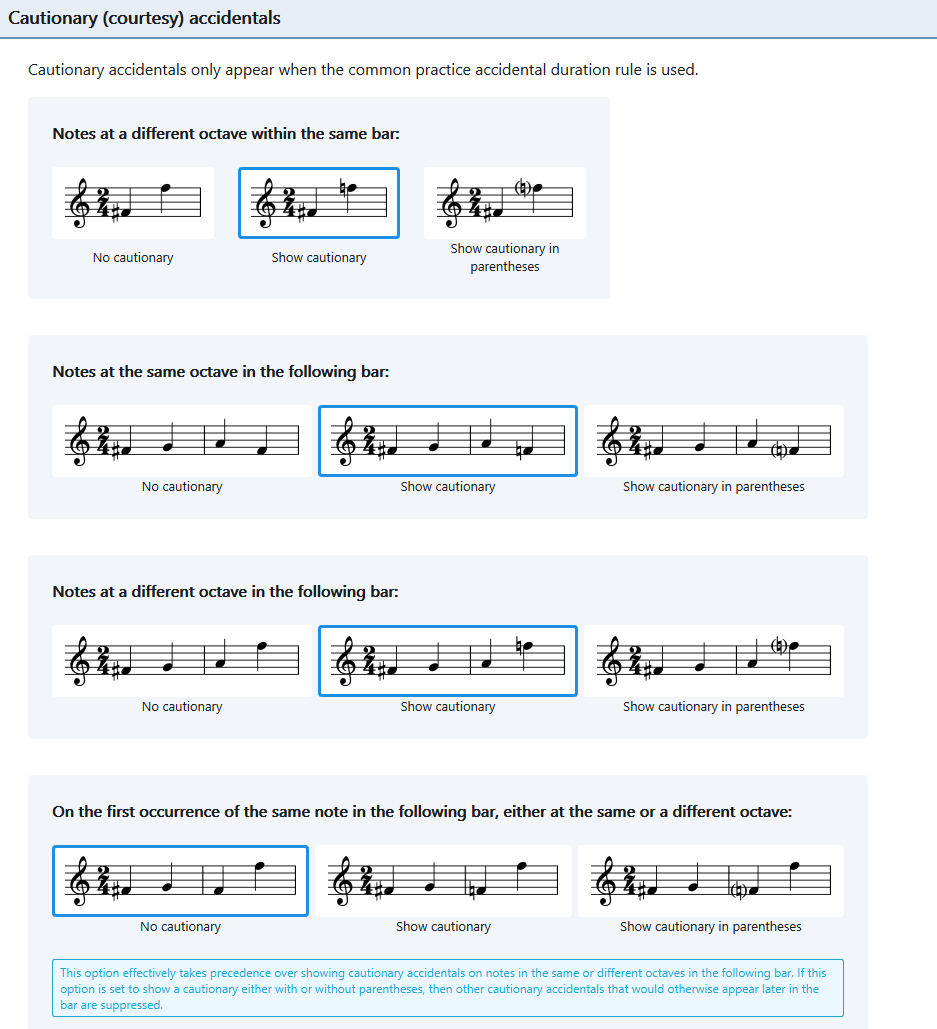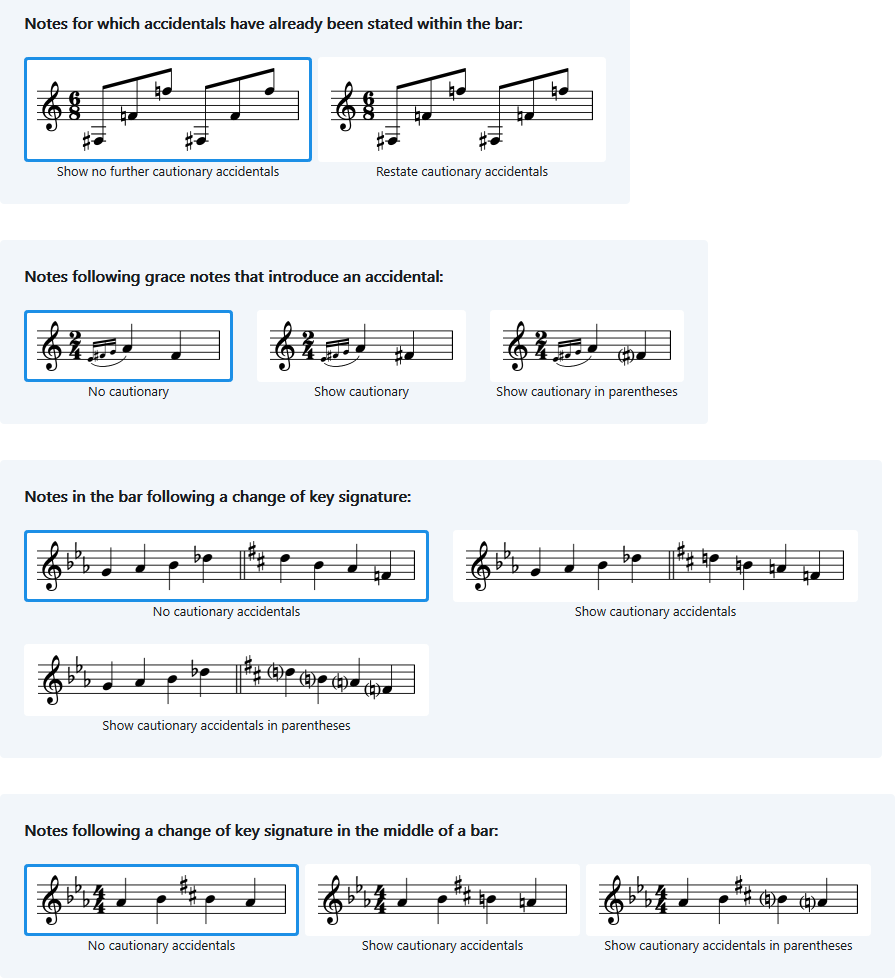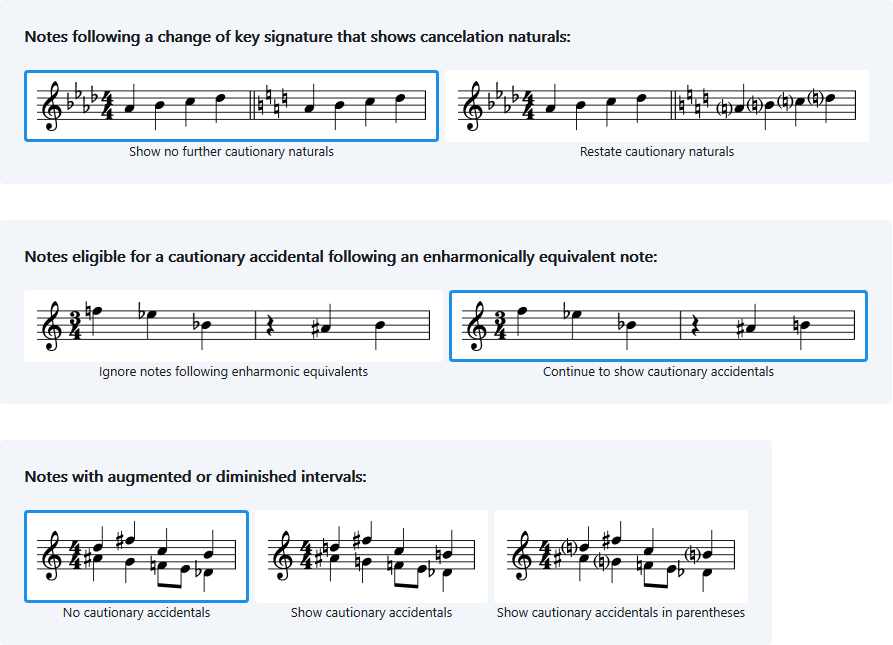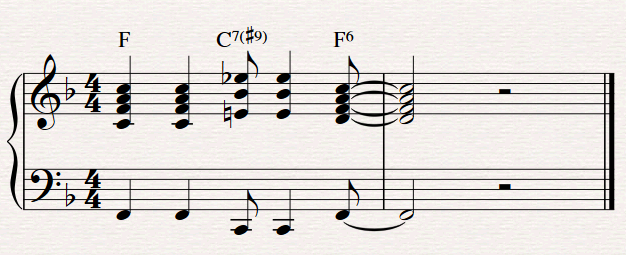I'm spending a lot of time sight reading piano music and one thing that is constantly trying me up is a scenario like this:
A note, D say, is sharp in the left hand. In the same bar, another D, an octave above the sharp one, is also played, this time by the right hand. There is sometimes a natural symbol on the upper note. I get quite confused at that point, since I was expecting it to be natural. I often mentally trip, looking back to see if I had played that D wrong if it ever came up before, since a natural, in my head, undoes an accidental.
First, is this a customary practice? Second, any tips on how to get over my mental hiccup?

